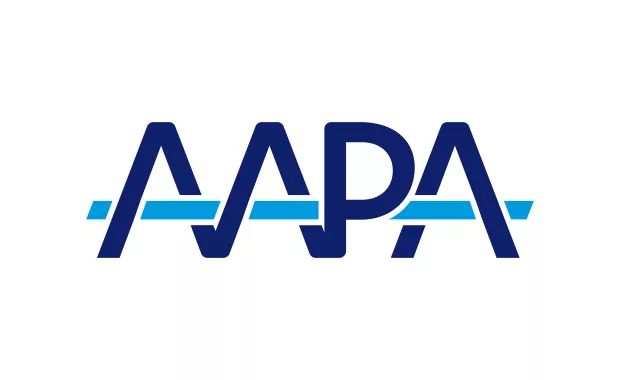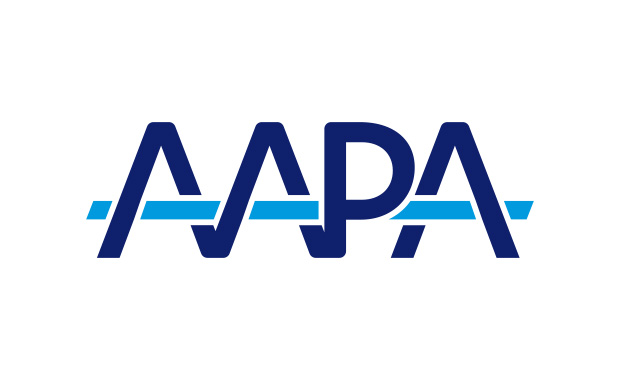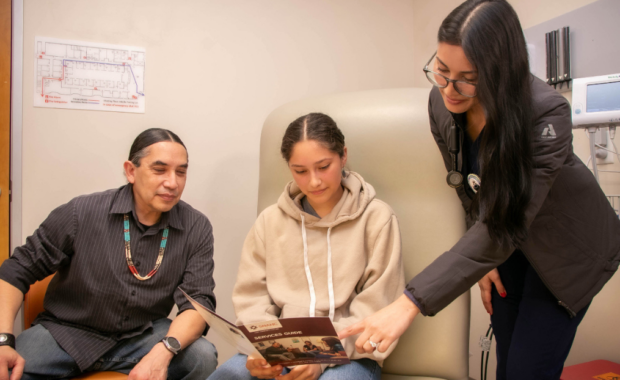COVID-19 Response: AAPA Actively Working to Remove State Practice Barriers
Executive Order Language Available for State Chapters
March 25, 2020
As PAs are on the frontlines of the COVID-19 response, AAPA is partnering with state PA chapters to remove state barriers that prevent PAs from fully practicing to the top of their education, training, and experience.
AAPA is working with PA state chapters, state legislatures, and governors’ offices to include the waiver of physician supervision or collaboration requirements in bills or executive orders addressing the COVID-19 crisis. AAPA drafted executive order language to waive this requirement during a declared public health emergency or disaster, which state chapters can use to better position PAs in their states to respond to this pandemic.
This draft language also includes language to allow licensed PAs to practice in any other U.S. jurisdiction to render care; to order, supervise and interpret all diagnostic tests; and to provide medical services via telemedicine with PAs as the distant site consultant. In conjunction with the federal government orders related to licensure across states and telemedicine, these will be powerful tools to free up PAs to provide care to patients in need.
“It’s imperative that every state PA chapter contact their governors’ offices to have this language included in emergency orders if they have not already done so,” said Tillie Fowler, Senior Vice President of Advocacy and Government Relations at AAPA. “Our team is ready and willing to offer assistance as state chapters decide what’s best for them in their present political environment.”
AAPA has compiled numerous resources for PA state chapters in its COVID-19 Resource Center, including links to a list of every action taken by state legislatures thus far related to the pandemic, which is updated daily, as well as a list of state-by-state executive actions taken thus far.
Some states have been able to fast-track their existing PA legislation to help combat COVID-19. Maine, for example, passed legislation (LD 1660) that Governor Janet Mills signed on March 18. The bill has been the top legislative priority of the Maine Association of PAs for the last two years but was seen by the state legislature as increasingly relevant due to the current public health crisis.
Maine’s new law removes the term “supervision” from law and also removes the requirement for a written agreement for most PAs with more than 4,000 hours of experience.
“While COVID-19 has become a priority among legislatures in recent weeks, AAPA and state chapters have been working for months to pass PA-positive legislation at the state level,” said Fowler. “We appreciate the hard work of PA leaders and we expect even more victories as legislatures wrap up their sessions.”
AAPA recently expanded the CO Executive Staff Huddle Group to include CO presidents as a way to facilitate communications among COs about how they are addressing this emergency and to share ideas about how to move forward.
For state advocacy resources related to COVID-19, please visit AAPA’s COVID-19 Resource Page. AAPA is also actively looking for stories of PAs serving on the frontlines and encourages PAs to share their story here.
Thank you for reading AAPA’s News Central
You have 2 articles left this month. Create a free account to read more stories, or become a member for more access to exclusive benefits! Already have an account? Log in.



